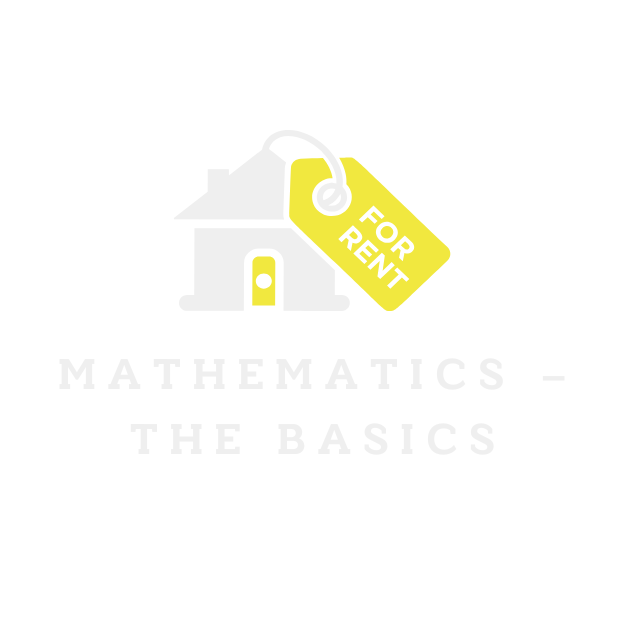Renting can feel like throwing money into a black hole, especially when dreams of homeownership dance just out of reach. But what if there’s a way to turn that rent into a down payment? It’s time to swap the landlord for a mortgage lender and get serious about those best down payment strategies for renters.
Table of Contents
ToggleUnderstanding Down Payments
A down payment represents a portion of a property’s purchase price, paid upfront to secure a mortgage. This payment influences mortgage terms, monthly payments, and overall loan costs. Traditional down payments typically range from 3% to 20% of the home’s price. Lower down payments often lead to higher monthly payments due to private mortgage insurance requirements.
Effective planning can ease the burden of saving for a down payment. Renters may benefit from creating a dedicated savings account for this purpose. Setting specific savings goals can motivate progress toward homeownership. Utilizing budgeting apps or spreadsheets assists in tracking expenses and savings.
Rounding up rent payments can accelerate savings. By saving the difference between the rent and the target mortgage payment, renters boost their down payment fund. Furthermore, exploring assistance programs or grants for first-time buyers can supplement savings. Many states offer programs that support low to moderate-income individuals in achieving homeownership.
Consider the benefits of automatic savings transfers. Allocating a portion of each paycheck directly into savings increases the likelihood of achieving down payment goals. Engaging in a side hustle or freelance work can provide additional income for savings.
Ultimately, understanding various down payment options and strategies helps renters transition into homeowners successfully. Comparing different mortgage programs enables renters to find options that align with their financial situations. Prioritize thorough research and planning to make informed decisions about home purchase financing.
Why Down Payments Matter for Renters


Down payments serve a critical role for renters transitioning to homeownership. They impact mortgage terms and monthly costs directly.
Building Equity
Equity accumulates when a homeowner pays off the mortgage, representing ownership stake in the property. Renters miss out on building equity, as rental payments contribute to a landlord’s assets rather than their own. Securing a down payment facilitates homeownership and starts the journey toward equity. Homeowners often experience increased property value over time. With appreciation, equity rises, boosting financial stability.
Long-Term Financial Benefits
Down payments offer significant long-term financial advantages. Lower monthly mortgage payments result from higher down payments, easing ongoing financial commitments. Tax deductions on mortgage interest can reduce overall tax burdens. Homeownership allows asset accumulation over time, contributing to retirement security. In comparison to rent, stable mortgage payments provide predictable budgeting. Securing a down payment and transitioning from renter to homeowner opens doors to wealth-building opportunities.
Best Down Payment Strategies for Renters
Renters can explore several effective strategies to save for a down payment. These methods help turn rental payments into viable savings for homeownership.
Saving for a Down Payment
Creating a dedicated savings account specifically for a down payment can facilitate focused savings. Setting clear savings goals, such as a specific percentage of the home’s price, works as a motivational tool. Budgeting tools allow for tracking expenses, helping renters identify areas to cut costs. Rounding up monthly rent payments could also contribute additional savings. Using automatic transfers from checking to savings accounts streamlines the process, ensuring consistent contributions. Engaging in side hustles or freelance work increases income, providing more opportunity to save.
Assistance Programs
Various assistance programs exist for first-time homebuyers that can supplement savings. Local and federal programs often provide grants or low-interest loans to help with down payments. Researching options through U.S. Department of Housing and Urban Development (HUD) can reveal available resources. Many states also offer homebuyer assistance programs tailored to specific needs, including income level or location. Nonprofit organizations frequently support first-time buyers, guiding them through the process of purchasing a home. Participating in these programs offers financial relief and may include educational resources to empower buyers.
Creative Financing Options
Renters can consider creative financing options to ease the transition to homeownership. Rent-to-own agreements allow them to lease property with a portion of the rent applied to the purchase price. Some lenders offer down payment assistance loans or programs designed for those with lower incomes. Leveraging personal loans can help boost the overall down payment amount, provided borrowers can manage additional monthly payments. Partnering with family or friends for co-owning property serves as another avenue, expanding buying power. Exploring these alternatives provides renters with unique pathways to homeownership, enhancing their financial flexibility.
Tips for Implementing Down Payment Strategies
Successful implementation of down payment strategies requires careful planning and financial discipline. Renters can effectively transition to homeownership by focusing on key areas such as budgeting and seeking professional advice.
Budgeting Effectively
Effective budgeting is essential for maximizing down payment savings. Tracking expenses helps identify unnecessary costs that can be cut. Adjusting spending habits creates additional funds for savings. Setting specific monthly savings targets motivates individuals to stay on track. Utilizing budgeting tools simplifies the process and encourages accountability. Many apps make it easier to manage finances. Creating a detailed monthly budget also provides an overview of financial priorities. Continual reassessment of spending leads to better financial decisions. As savings accumulate, towards reaching that down payment goal, renters build confidence in their ability to own a home.
Seeking Professional Advice
Consulting financial professionals can enhance a renter’s homeownership strategy. Mortgage brokers offer insights into loan products suitable for first-time buyers. Financial advisors may recommend personalized saving methods and investment options. Understanding potential tax benefits is crucial for making informed decisions. Real estate agents can provide information about local market trends and assist in selecting properties. Navigating the complexities of home buying is easier with expert guidance. Accessing such resources reduces the likelihood of costly mistakes during the purchasing process. Professional advice supports renters in building a cohesive plan that aligns with their financial capabilities and goals.
Renters have a unique opportunity to turn their monthly payments into a pathway toward homeownership. By implementing targeted down payment strategies, they can build a solid financial foundation for their future. Whether it’s through dedicated savings accounts or exploring assistance programs, every small step counts.
Engaging in side hustles or setting specific savings goals can significantly accelerate their journey. With the right approach and professional guidance, renters can transition from paying rent to investing in their own homes. This shift not only enhances financial stability but also opens the door to building equity and wealth over time. Taking action today can lead to a brighter financial future tomorrow.


